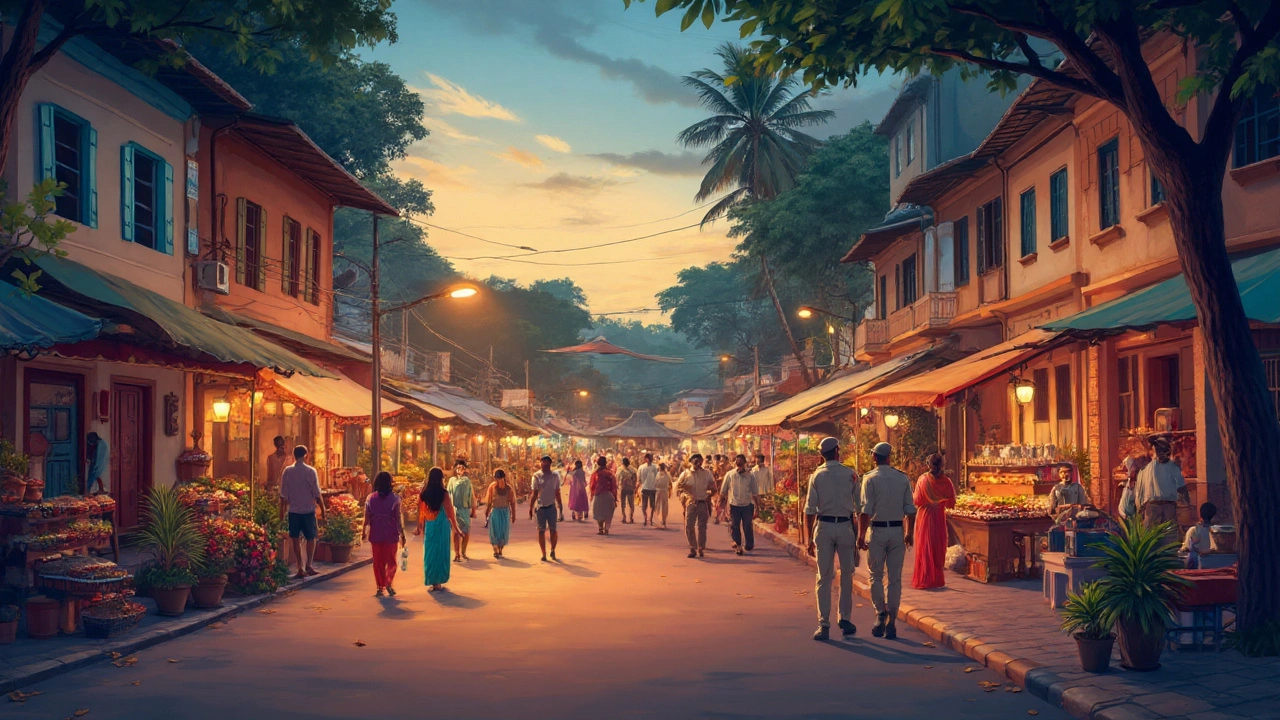SEARCH
Travel Safety Tips: Stay Safe While Exploring India
Traveling in India is an adventure, but a little preparation can keep the excitement from turning into a nightmare. From bustling cities to remote mountain trails, you’ll face different risks, and the best way to handle them is to stay one step ahead. Below are simple, real‑world tips you can use right now.
Before You Go: Planning and Prep
First, copy all important documents—passport, visa, insurance, and emergency contacts—and store a scanned version on your phone and in your email. A lightweight backup means you won’t panic if baggage disappears. Next, check the latest travel advisories for the states you’ll visit; the Indian foreign ministry updates health alerts and security warnings weekly. If you’re heading to high‑altitude areas, get a basic health check and consider a travel vaccine for hepatitis A and typhoid.
Money safety is another quick win. Carry a mix of cash, a prepaid travel card, and a debit card with no foreign transaction fee. Keep most of the cash in a hidden pouch and use the card for larger purchases—this limits loss if a bag is stolen. Also, download a reputable offline map app (like MAPS.ME) before you land, so you won’t rely on spotty data connections.
On the Road: Daily Safety Hacks
When you reach your destination, blend in with locals. Dress modestly, especially in rural areas or religious sites, and avoid flashing expensive gear. In cities, use rideshare apps that let you share your trip link with a friend; it adds a layer of accountability and lets someone know where you are.
Food and water safety can make or break a trip. Stick to bottled water with an intact seal, and avoid ice unless you’re sure it was made from filtered water. Street food is amazing, but choose stalls with a high turnover—freshly cooked items are less likely to harbor bacteria. Carry a small pack of oral rehydration salts; they’re a cheap lifesaver if you suffer mild stomach upset.
Health emergencies happen, so keep a tiny first‑aid kit: band‑aids, antiseptic wipes, pain relievers, and any personal medication. Know the location of the nearest reputable hospital or clinic; many cities have 24‑hour private hospitals that cater to tourists. If you feel unwell, trust your gut and seek help early—delays can turn a simple fever into a serious issue.
Night travel requires extra caution. In buses and trains, keep your bag in front of you and lock the zippers. If a night train feels unsafe, consider moving to a higher class or booking a sleeper seat with a lockable compartment. On solo trips, share your itinerary with a family member and set a daily check‑in time.
Finally, trust your instincts. If a situation feels off—whether a guide pushes you toward a hidden attraction for a fee or a street vendor seems overly aggressive—walk away. India is welcoming, but a quick “no thanks” can keep you out of trouble.
Follow these tips, stay aware, and you’ll enjoy India’s wonders without unwanted drama. Safe travels!

Safest State in South India: Where Security Meets Serenity
Weighing crime rates, honest experiences, and insider knowledge, this guide reveals the safest state in South India and why it stands out for travelers and locals.
Continue reading